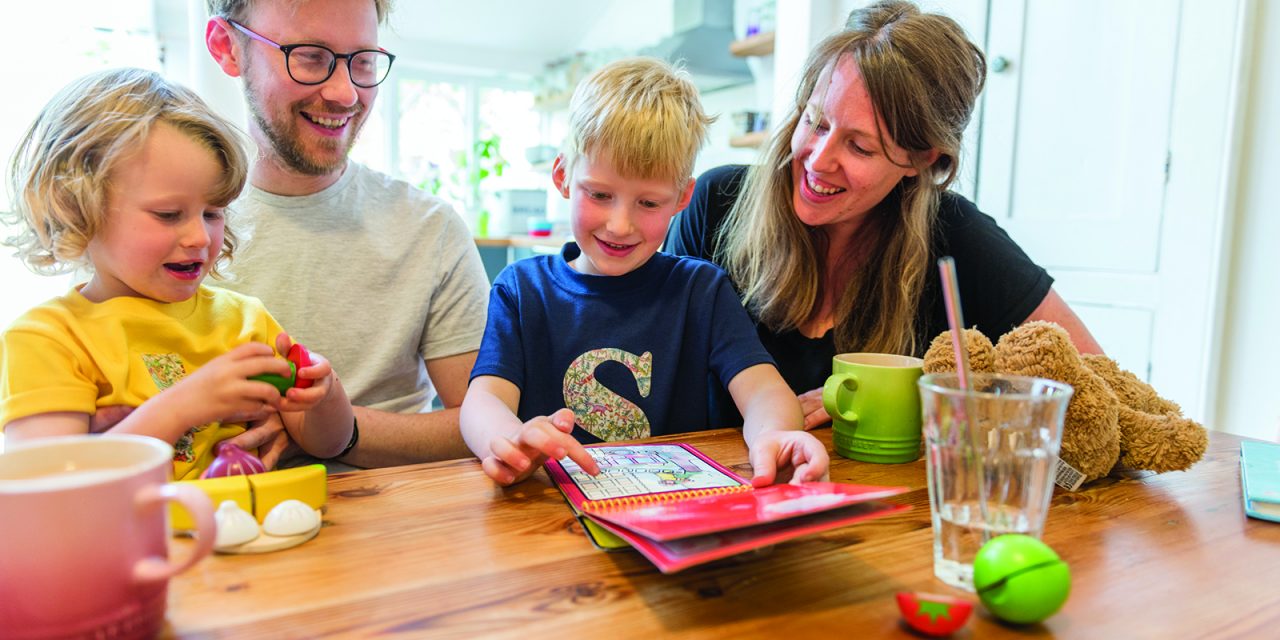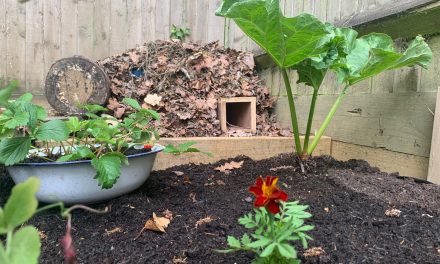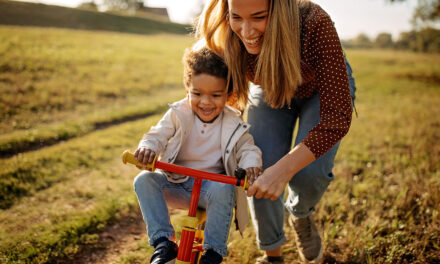Could you live without plastic? That’s the challenge one East Sussex family set themselves, but as Your East Sussex discovered, going plastic-free is not without its challenges.
What is plastic doing to our planet? It’s an issue which has never been higher on the agenda – thanks largely to Britain’s favourite naturalist. David Attenborough’s Blue Planet II, broadcast last year, starkly illustrated how the plastics we throw away end up in the oceans, and included disturbing footage of albatross parents unwittingly feeding their chicks plastic.
The programme sparked a national drive to reduce so-called ‘single use’ plastic – disposable items such as bags, bottles, beverage containers, drinking straws and wet wipes – which are only used once before being thrown away or recycled.
For the Stringer family, from Lewes – self-employed physiotherapist Victoria and environmental journalist Leigh – the call to action came from a source closer to home – their five-year-old son, Stanley. “Leigh was going to a UN conference about plastics and Stanley drew a poster saying ‘Save the oceans – say no to plastic’,” says Victoria. “We thought that if a five-year-old is becoming interested in the issue, then we should take action. So we just said to ourselves ‘let’s go plastic-free’.”
The new regime began in the bathroom, with the family – whose number is completed by three-year-old Albert – having essentials such as toilet rolls delivered in bulk in paper packaging, switching to bamboo toothbrushes and using shampoo and conditioner bars rather than liquids in plastic bottles. They went back to having milk delivered in glass bottles and began taking their own containers to the butchers and carrying around items such as reusable water bottles and shopping bags, bamboo coffee cups and stainless steel drinking straws for the children.
Despite their best efforts, the difficulties in procuring certain items without plastic packaging, along with the demands of juggling life with two young children, meant the family had to scale back their ambition. However, with careful planning, they have managed to adhere to what they term the ‘80/20 rule’ – where 80 per cent of the items they buy comes plastic-free.
“Life can be quite manic and having children we lead busy lives so it does take a lot of time – that’s the biggest thing,” says Victoria. “You really have to think about the day and week ahead – it does make you more organised but sometimes it’s a bit chaotic. “You can try and plan things but sometimes the children get hungry and if you’re out and don’t have snacks with you, you’re a bit stuck sometimes.”
Despite the challenges involved, the benefits outweigh the drawbacks, according to Victoria. “We have definitely saved money as we have to plan meals ahead, so it is easier to stay on a budget – that’s quite a bonus,” she says. “Our waste has gone right down – we used to fill bins up really easily and that’s no longer the case. “We are also eating fresher food than we used to and we experiment more, and make stuff from scratch rather than buying it pre-made.”
So is the five-year-old who inspired the great drive in the Stringer household to go plastic-free still ‘on message’? Well… most of the time, according to Victoria. “He is definitely aware of what we’re doing and is all for it – unless it’s something he wants,” she says. “All logic goes out of the window when he wants a bag of Maltesers!”
VICTORIA’S TOP TIPS FOR CUTTING DOWN PLASTIC USE
- Making small, simple changes is a good way to start. Think about the items you use most, like milk, toilet rolls and toothpaste
- Make sure you have your own bags with you when you go shopping and try and choose items that are not pre-packaged
- Don’t be afraid to ask at somewhere like the butcher’s if it’s okay to use your own container rather than have them wrap it for you
- Have fun with it – we take the kids to the market and let them taste all the different foods and they really enjoy it
- Don’t beat yourself up – sometimes unfortunately you have to buy things which only come in plastic bottles, like sunscreen
Find advice on how to reduce your waste, details of how and where you can recycle and contact details for your local district or borough council responsible for waste collections online at eastsussex.gov.uk/rubbishandrecycling
By Tim Fletcher




